In this comprehensive guide, we will explore the concept of growth mindset and its meaning. Developed by psychologist Carol Dweck, this mindset encourages us to see challenges as opportunities to grow and achieve our goals.
We will also compare it to a fixed mindset and discuss the benefits of developing a growth mindset. With its rising popularity in education and psychology, understanding growth mindset can greatly benefit personal and professional development.
Growth mindset is the personal attitude that you can improve your skills, intelligence, and abilities through effort, practice, and learning. It’s about seeing challenges as chances to grow, not as failures, and knowing mistakes help you improve. Instead of thinking “I can’t do this,” you think “I’ll work to get better.” It’s knowing hard work leads to progress.
A growth mindset is more than just an attitude—it’s a powerful way of thinking that transforms how you approach life’s challenges and opportunities. It means embracing the idea that your potential isn’t fixed; with hard work, you can grow smarter, stronger, and more skilled. It’s about choosing to see setbacks as stepping stones, not stop signs, and believing every mistake teaches you something valuable. This mindset fuels resilience, motivation, and success, helping you tackle goals like learning a new skill, advancing your career, or building better relationships.
The Difference Between Fixed and Growth Mindsets
When it comes to understanding the concept of a growth mindset, it’s crucial to grasp the differences between a fixed mindset and a growth mindset. This understanding can be the first step in one’s journey to personal and professional development.
The notion of a growth mindset, popularized by psychologist Carol Dweck, is rooted in the belief that intelligence and abilities are not fixed traits but can be developed through dedication, hard work, and a willingness to learn.
This perspective stands in stark contrast to a fixed mindset, which is characterized by the belief that one’s abilities and intelligence are inherent and unchangeable. Individuals with a fixed mindset are more likely to view challenges as threats, shy away from effort, and perceive failure as a reflection of their intelligence, leading to a fear of failure and a reluctance to step out of their comfort zones.
On the other hand, those with a growth mindset are more inclined to embrace challenges as opportunities for growth, view effort as a path to mastery, and consider setbacks as a natural part of the learning process.
They are more resilient in the face of adversity and more open to feedback and constructive criticism, using it as a tool for improvement. This differentiation forms the crux of the impact of these mindsets on an individual’s approach to learning, work, and personal growth.
Embracing a growth mindset, as touted by Dweck and supported by extensive research, can have a profound impact on an individual’s approach to life, learning, and the pursuit of goals. It can foster a love for learning, resilience in the face of obstacles, and a tenacity for self-improvement and innovation.
This perspective is not only instrumental in an individual’s personal development but can also be a game-changer in a leadership context. Leaders with a growth mindset are more likely to cultivate a culture of learning and innovation within their teams, fostering an environment where challenges are embraced and failures are seen as stepping stones to success.
A Glimpse into the Influence of the Growth Mindset
The transformative impact of a growth mindset is not limited to individual development but extends to its potential to revolutionize professional and academic landscapes. In educational settings, promoting a growth mindset can empower students to become more engaged, motivated learners who view challenges as opportunities for growth and are more persistent in the face of setbacks.
This outlook can lead to improved academic performance, higher levels of resilience, and a greater openness to constructive feedback.
In the professional realm, the adoption of a growth mindset can drive innovation, creativity, and adaptability within organizations. Employees who embody a growth mindset are more likely to take risks, seek out new learning opportunities, and view failures as essential learning experiences.
This resilience and openness to learning can significantly boost an organization’s productivity and foster a culture of continuous improvement and innovation.
Fostering a growth mindset is an endeavor that goes beyond individual attitudes and necessitates a collective effort. Creating an environment that supports the development of a growth mindset, whether in educational or professional settings, involves embracing and promoting the values of effort, resilience, and the innate potential for growth and improvement.
It is about creating a culture that celebrates learning and innovation, where challenges are not shied away from but are tackled head-on with the belief that they are opportunities for growth.
The Impact of Dweck’s Research on Mindsets
Carol Dweck’s pioneering research on mindsets has shed light on the far-reaching influence of one’s outlook on learning and achievement. Through her work and subsequent publications, Dweck has illuminated the profound effect of one’s beliefs about their own abilities on their approach to challenges, learning, and success.
Dweck’s research has not only provided a framework for understanding the impact of different mindsets but has also offered practical strategies for cultivating a growth mindset in oneself and others.
By advocating for the value of effort and resilience, Dweck’s work has provided a roadmap for individuals and organizations seeking to harness the power of a growth mindset. Her research has emphasized the importance of effort and perseverance in the face of obstacles, reframing the narrative around failure and emphasizing its role as a stepping stone to success.
This reframing, supported by extensive empirical evidence, has resonated with individuals and educators alike, inspiring a paradigm shift in the approach to learning and personal development.
The influence of Dweck’s research extends beyond the realm of academia and has permeated various professional domains, inspiring leaders, educators, and individuals to reassess their attitudes toward challenges, feedback, and failure.
By delving into Dweck’s research and understanding the underlying principles of a growth mindset, one can embark on a transformative journey toward unlocking their full potential and fostering a culture of continuous improvement and growth in their pursuits.
The Broader Implications of a Growth Mindset
The implications of embracing a growth mindset reach far and wide, permeating various facets of human endeavors. In the sphere of education, the advocacy for a growth mindset has catalyzed a shift in pedagogical approaches, emphasizing the value of resilience, effort, and a love for learning. This shift fosters mental discipline for success, encouraging students to persist through challenges and cultivate a lifelong passion for growth.
This shift has the potential to reshape the educational experience, fostering a generation of learners who are not only academically inclined but also resilient, adaptable, and lifelong learners.
Similarly, in the realm of leadership and organizational development, the integration of a growth mindset can signal a fundamental departure from traditional hierarchies and unyielding structures, paving the way for a more dynamic, innovative, and collaborative professional environment.
Leaders who embody a growth mindset are better equipped to navigate uncertainty, inspire their teams, and cultivate a culture of continuous learning and improvement. By fostering mental discipline for success, they drive their organizations toward sustainable success and growth.
As the concept of a growth mindset continues to gain traction, its implications extend to societal dynamics, influencing attitudes and approaches to challenges, innovation, and personal development.
The widespread adoption of a growth mindset has the potential to create a ripple effect, fostering a culture that values resilience, adaptability, and a relentless pursuit of improvement at both the individual and collective levels.
Acknowledging the Power of a Growth Mindset
In conclusion, the recognition of the profound impact of a growth mindset on personal and professional development is paramount. The internalization of the belief that one’s abilities and intelligence are not fixed but can be cultivated through effort, learning, and perseverance can be a transformative force in the journey of self-improvement and the pursuit of one’s aspirations.
Whether in educational, professional, or personal spheres, the adoption of a growth mindset sets the stage for resilience, adaptability, and a lifelong commitment to learning and growth.
As individuals and leaders, embracing the principles of a growth mindset can pave the way for a future characterized by innovation, resilience, and the continuous pursuit of excellence.
By fostering a culture that values effort, learning, and the transformative potential of a growth mindset, we can collectively shape a landscape where challenges are embraced, failures are reframed as stepping stones, and success is a testament to the unwavering belief in the power of one’s potential and the ability to grow.
Advocating for and embodying a growth mindset is not simply a personal endeavor but a collective imperative, underscoring the need to nurture and support the inherent potential within individuals and communities. By sowing the seeds of a growth mindset, we can cultivate a future replete with opportunities for resilience, adaptability, and the unwavering belief in the capacity to learn, grow, and thrive.
Conclusion
In conclusion, having a growth mindset means recognizing that our abilities are not fixed, but rather they can improve with effort and the right approach. It allows us to see challenges as opportunities, learn from setbacks, and turn failures into stepping stones.
Developed by psychologist Carol Dweck, this concept has become popular in personal and professional development, with its advocates promoting the benefits of embracing a growth mindset. By understanding the contrast between fixed and growth mindsets and choosing to adopt a growth mindset, individuals can experience improved learning, increased resilience, and become better leaders.

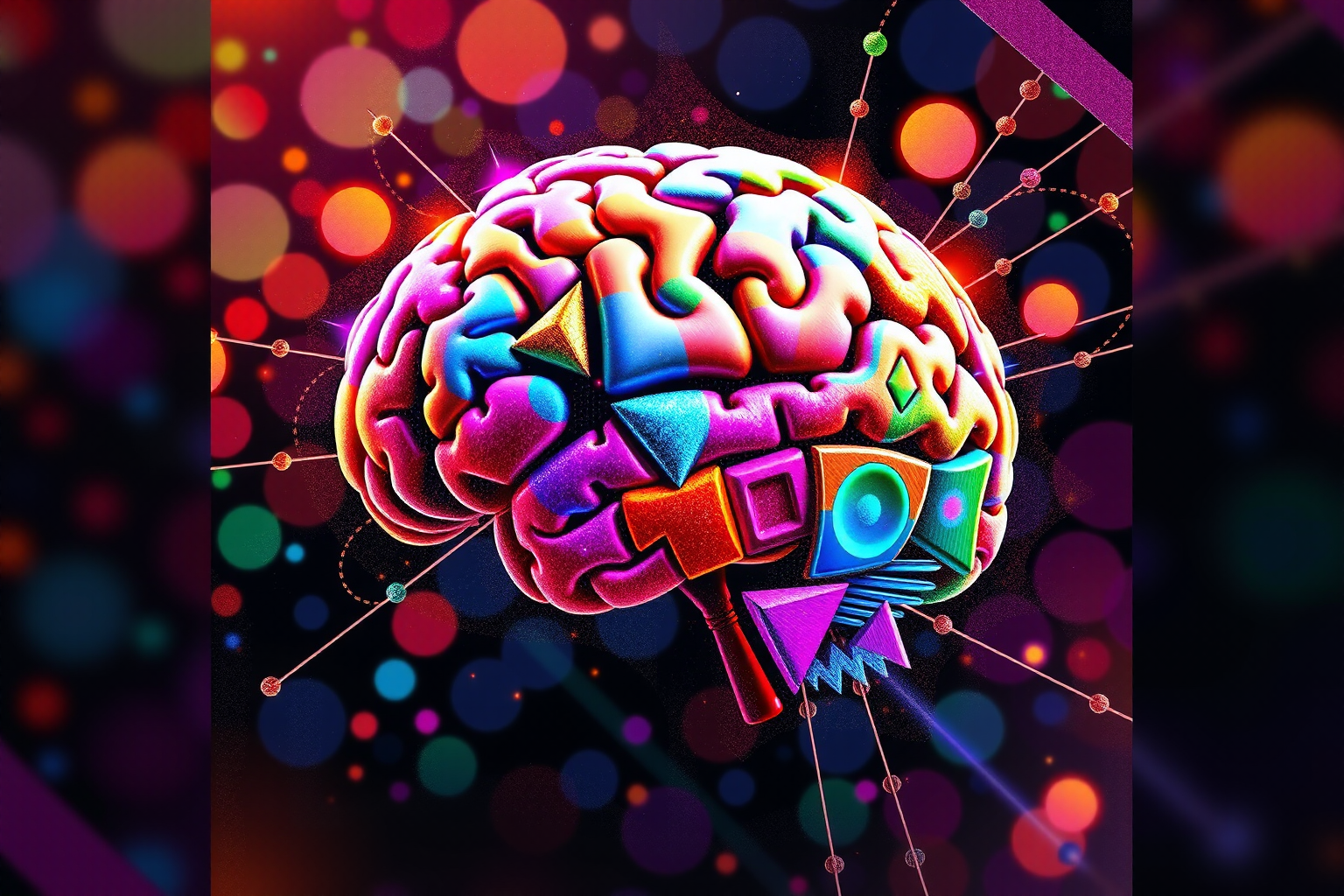
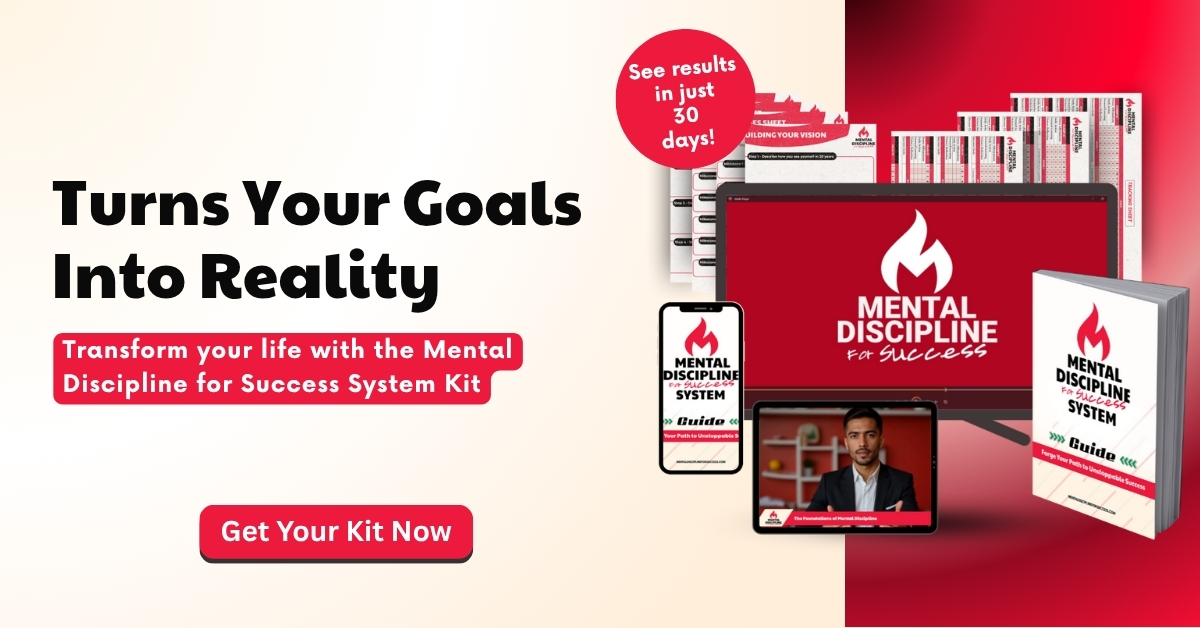



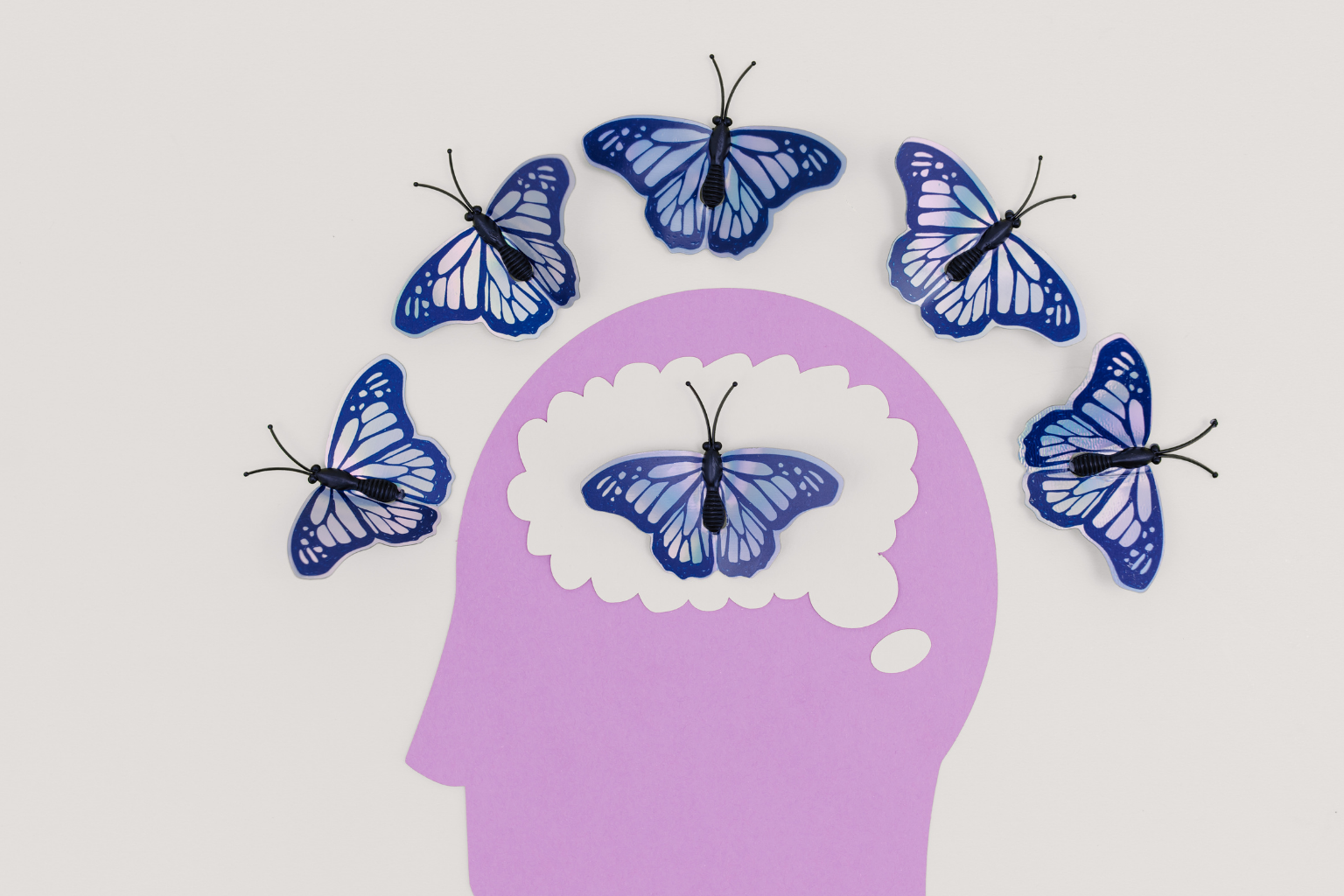

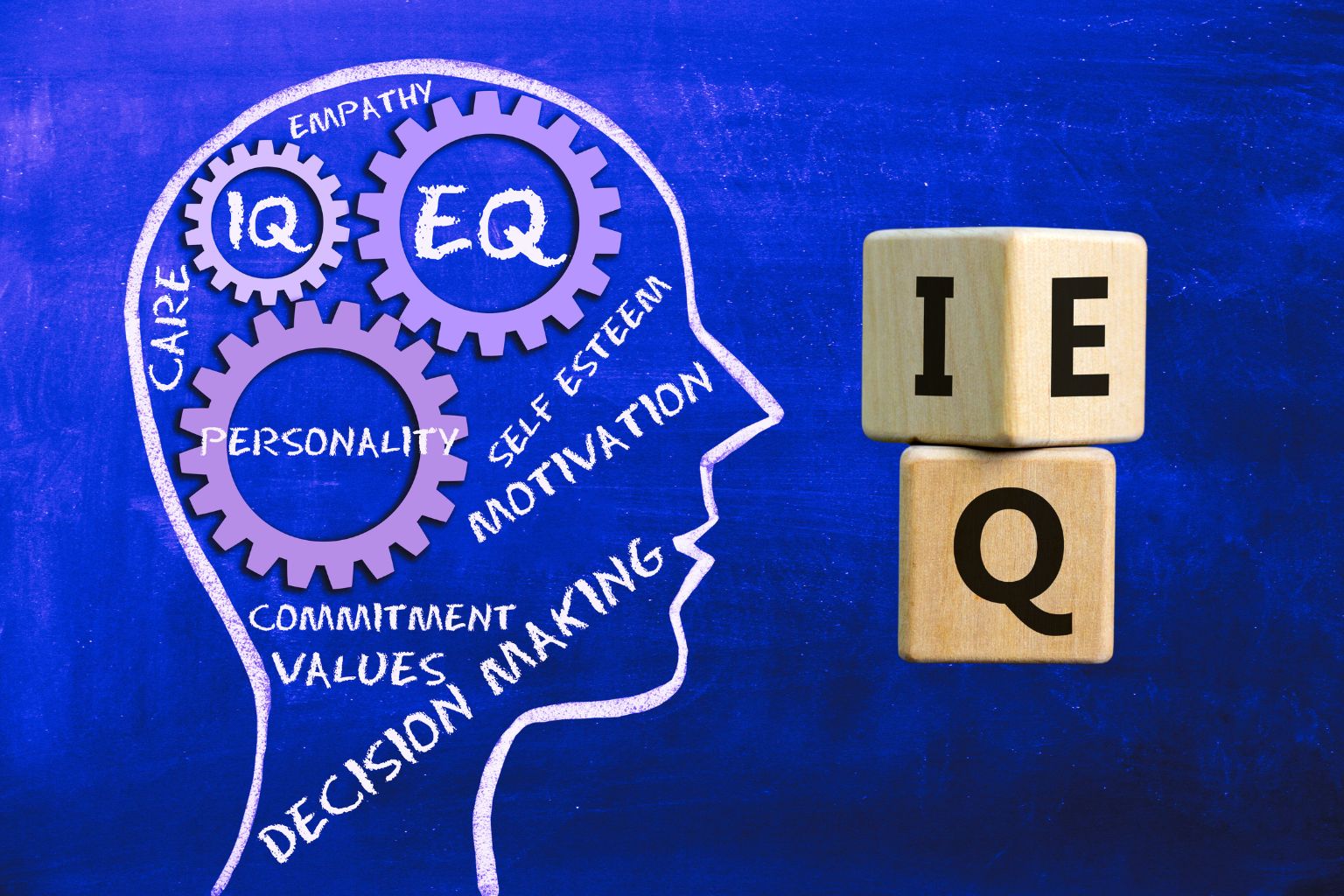

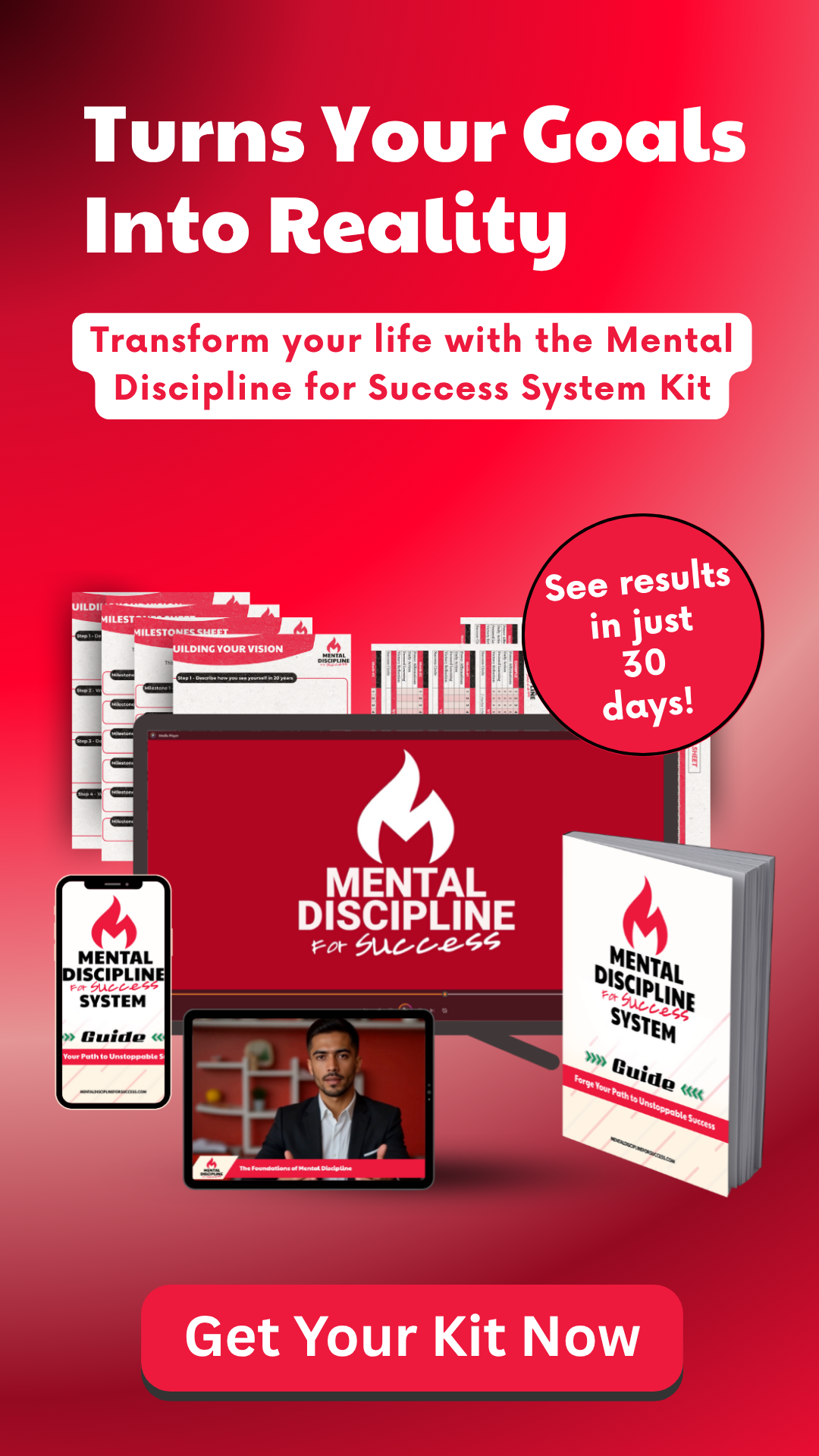
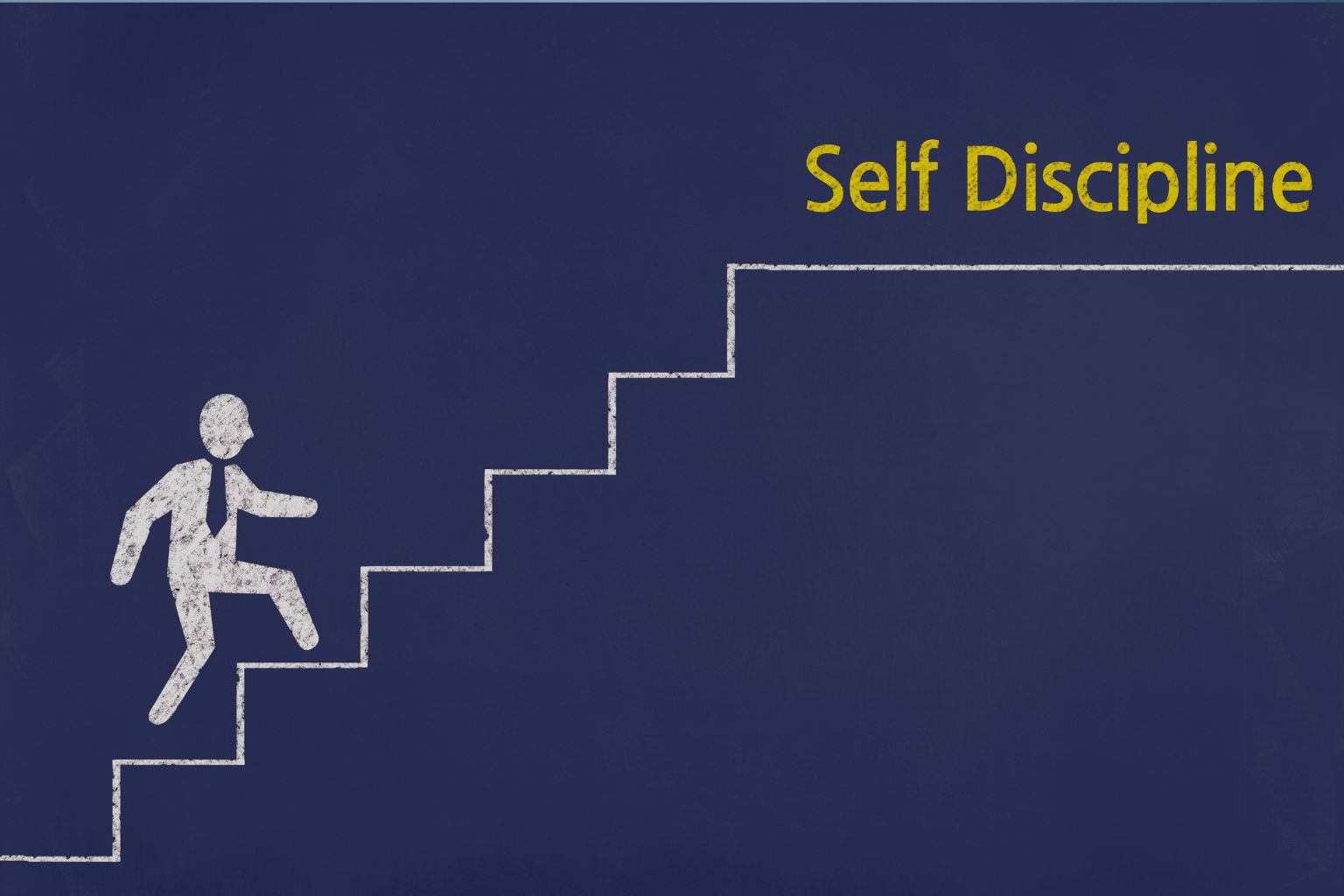
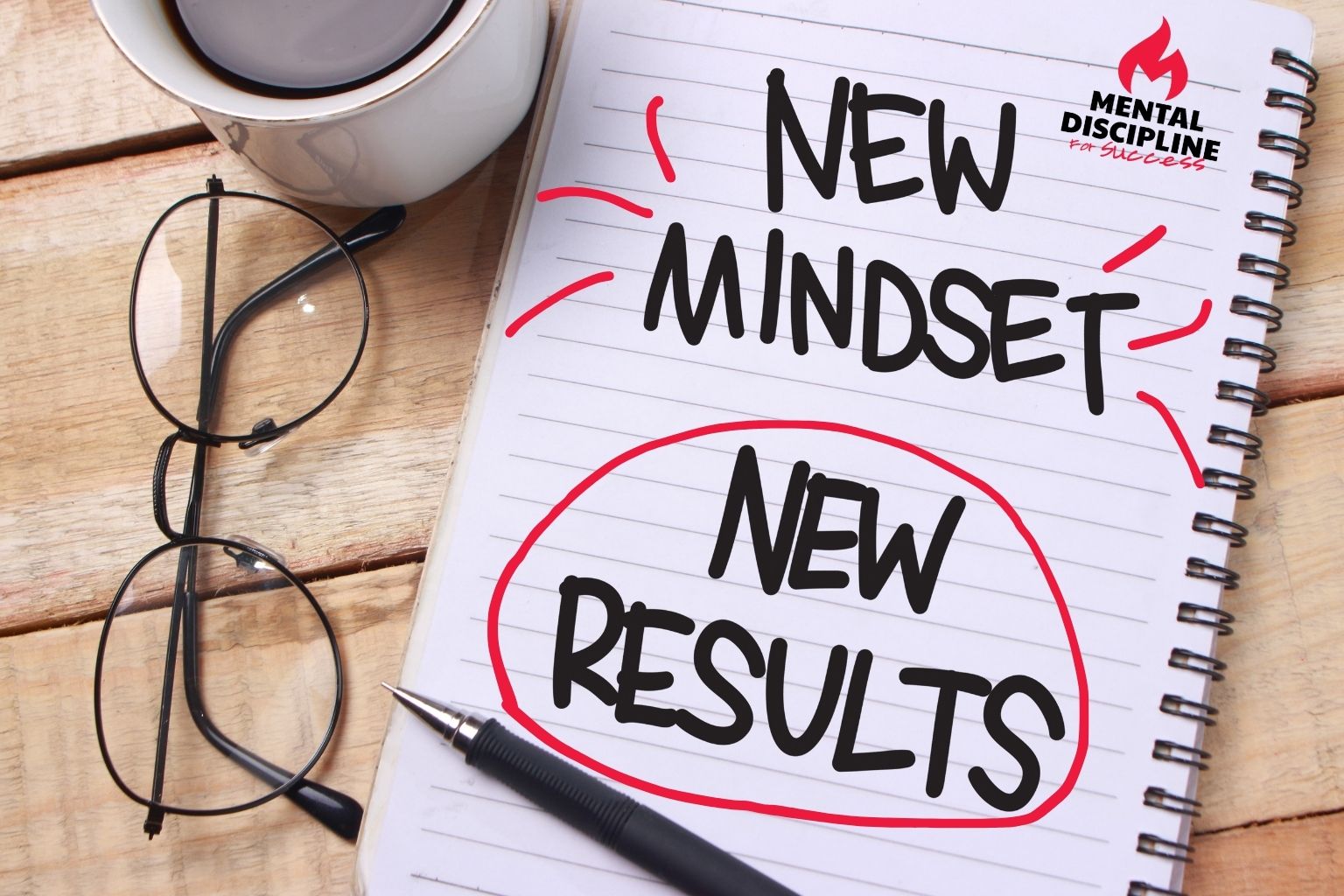

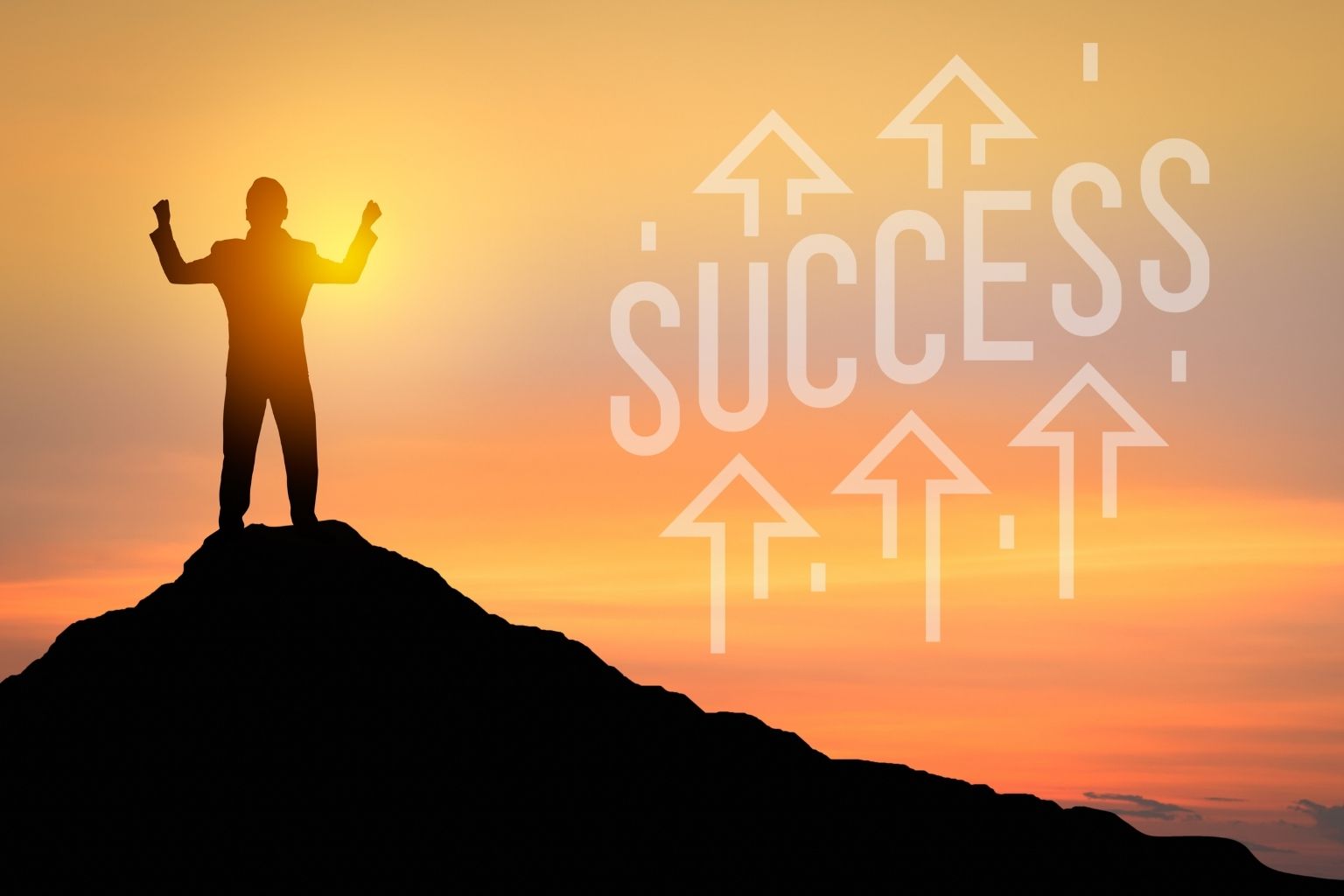


Share it!